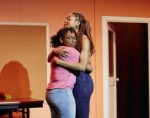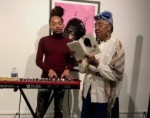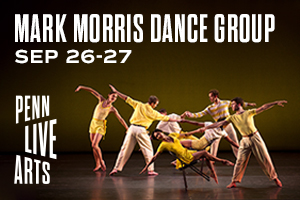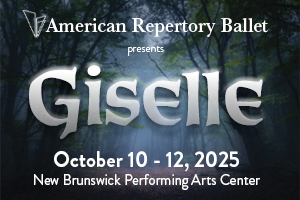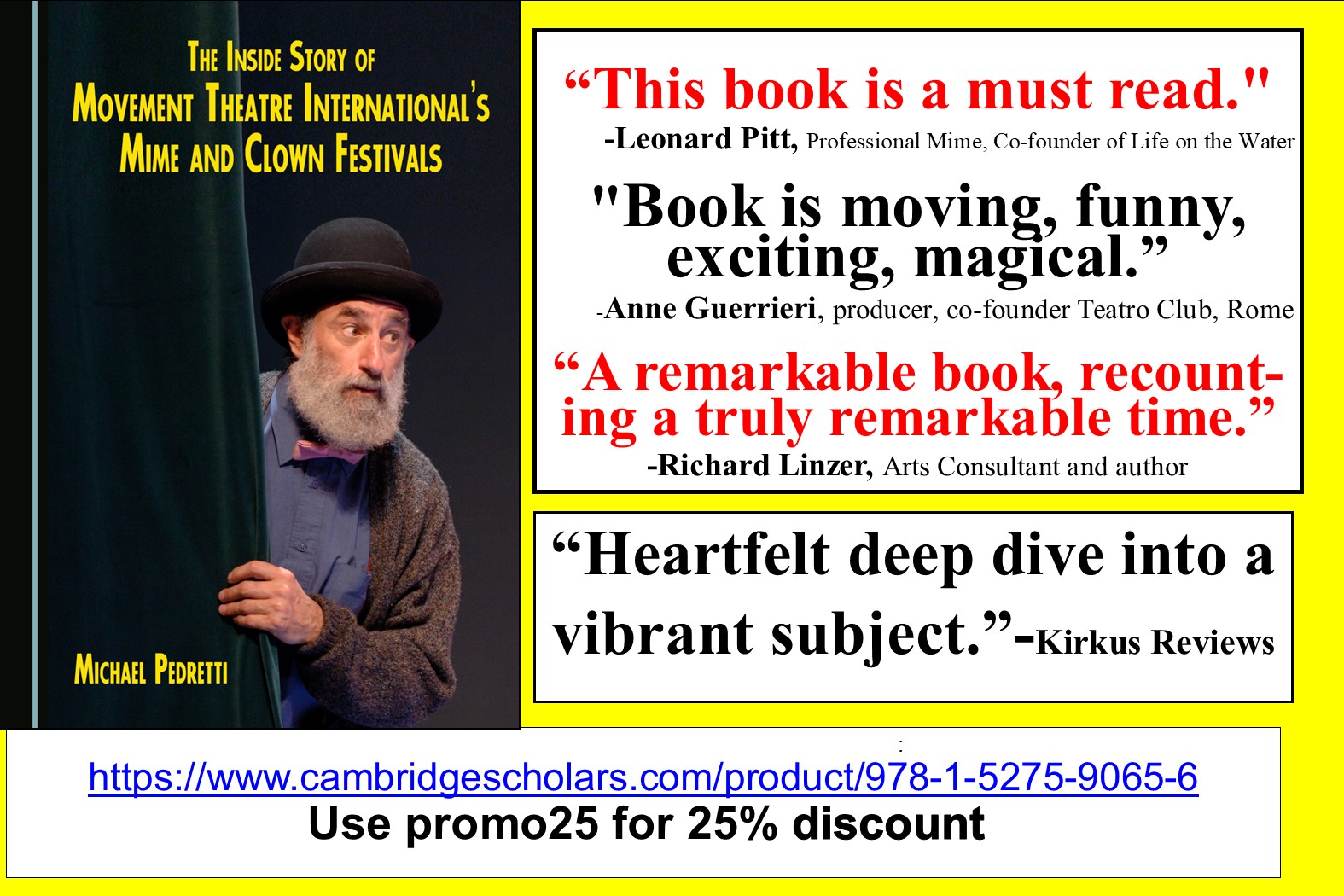
Laughing as an Act of Resistance: An Interview with James Ijames
by Barbora Příhodová
In a quest to reach new audiences for performing arts in Philadelphia, Theatre Philadelphia and thINKingDANCE are joining forces and exploring how dance writing and discourse can provide new perspectives on theater. Beginning May 2018, tD writers have been lending their varied backgrounds, interests, and approaches to criticism to professional works of theater in Philadelphia. Let us know what you think in the comments!
James Ijames is a critically acclaimed playwright, actor and director whose plays unapologetically dissect race, gender, and class conflicts in the U.S. society. His work is well known to Philadelphia theater audiences: Kill Move Paradise, a chilling account of police brutality against African Americans, was produced at The Wilma Theater under the direction of Blanka Zizka less than five months ago. I had a conversation with him about his new play, Youth, to premiere at Villanova Theatre this month, and his vision of theater in the contemporary political climate.
Barbora Příhodová: Can you talk about the process of writing Youth? How did you come up with the subject?
James Ijames: I grew up in a church group of St. James Missionary Baptist Church. It was a really big part of my childhood and adolescence. I learned a lot of the life lessons about how to be an adult there, and I wanted to explore that in my play—how young people start to become adults in a youth group. You are supervised, but you are also learning how to be social, how to ask someone on a date, and how to develop camaraderie. Especially if you grew up in a religious family, you don’t do that with the people you go to school with, but with the folks you go to church with. I wanted to explore what it means to be a person of faith when one’s identity is developing and what the moment of discovering God feels like. These two ideas came together to make a play about kids who are trying to figure everything out.
BP: How does church become a place for self-discovery in your play?
JI: The church in this play is a place of possibility of what a church should look like. It’s a place where people are allowed to fail and then learn from that failure, which allows space for working out your identity and for self-actualization. I wrote the church that I wish existed, that I wish I had grown up in. I don’t know that there are many churches like that. My church was not super strict or rigid, but it was not without limitations. I think when you’re young, even inside of the church, there is the possibility to question a particular set of ideas and what they mean for you specifically. I’m trying to show people what it could look like if a church was more inclusive, open, and welcoming, a church that leaves space for young people to negotiate who they are. That’s the hope.
BP: As a playwright, you have explored the intersectionality between race, gender, and socio-economic class. Can we see this in Youth, considering that the concept of youth itself is socially constructed and manufactured by mainstream media and their heteronormative narratives?
JI: I hope I’m being intersectional in everything I write. Race does not figure into this story in an intentional way, which is a departure for me. We have cast the play relatively diverse for the community at Villanova. There are three actors of color and three white actors, but for some reason, this hasn’t become part of the conversation about the play. Gender, and how young women and men are socialized to behave, does come to life in the play. It contains several moments when the kids are just talking about their bodies. I think church engenders in young women this weird relationship to shame, whereas boys just ask the questions that they need to ask about their bodies. I wanted to highlight that but also break it apart so that I’m not just perpetuating the same ideas. Class is part of the play in that one of the characters comes from an inner-city background to this suburban church. The way he talks about his family life lets us know that he comes from a different socio-economic background. We were really intentional about not casting a black actor to perpetuate the stereotype that only black people go through these experiences, or that this is how black people live. There is also a set of characters that are figuring out their sexual orientation and what it means in relationship to being a member of a church. All those things are stewing inside of the conversation about what youth really means.
BP: You have said that you like theater that is “political in a violent way, as well as in a humorous way.” Would you say that your plays facilitate such theater?
JI: I always start with humor. The reason I believe this is useful in political theater is that when you are laughing, what happens is basically the same as when you are weeping. Both are physical manifestations of release. When you are in a place of release or surrender, you can receive things that you wouldn’t receive otherwise. Laughter physiologically allows people to hear things in a different way. When I talk about violence, it’s not blood, guns or fighting; it’s about saying things in a way that feels clear and decisive. One of my writer group friends said my plays are “hammer-funny:” something that hits but is undeniably hysterical. The combination offers an opportunity for people to play with an idea they didn’t think they had access to, or to engage with a political view they don’t agree with. In theater you can only do that if you crack people open. Some writers make people weep—the Old Greeks called it catharsis. I think humor does the same thing.
BP: Does it mean humor and entertainment in your plays are a form of political resistance? I’m asking this because I wonder how, in times of political turmoil like ours, can theater open new paths towards resistance and social change.
JI: There are a lot of plays where I’ll script characters to laugh on stage. Oftentimes, it is a marginalized body that is laughing. First, I did it because it was rhythmically pleasing to hear the different ways in which people laugh, and actors are committed to doing things truthfully, so it’s always a really truthful laugh that feels good. Now I think it does do something—it is an act of resistance in the face of cruelty. It is an act of resistance to be happy when everything in the world is built in such a way that you should not be happy. There’s comedy, which I think is a different animal than humorous writing or a satire. Comedy is political in its own way.
In the first play I produced professionally, there are slaves that laugh constantly. The director was having a hard time with this. I thought, “It is defiant for them to be laughing.” I found this apocryphal story that during slavery, slaves on some plantations were not allowed to laugh out loud. They had barrels where they could stick their heads and laugh, and that would tone down the sound. I don’t know if it’s true or not, but what has always struck me about this story is that the idea of slaves laughing could be so potent and dangerous that they wanted to silence them. The best theater is when you allow people to be human. I’m not saying “you must think this way.” If someone walks out of Kill Move Paradise, and they think there is no such thing as police brutality, I’ve probably done something wrong. But if they walk out thinking, “Can I talk to you about this?” that’s a step, and that’s all I want. The conversation will always lead to more understanding because you are forced to connect with someone else, and in some cases, with someone who doesn’t agree with you.
Youth, Villanova Theatre, February 5-17.
To join the conversation, follow thINKingDANCE and Theatre Philadelphia online and on social media to read, share, and comment
By Barbora Příhodová
February 5, 2019


